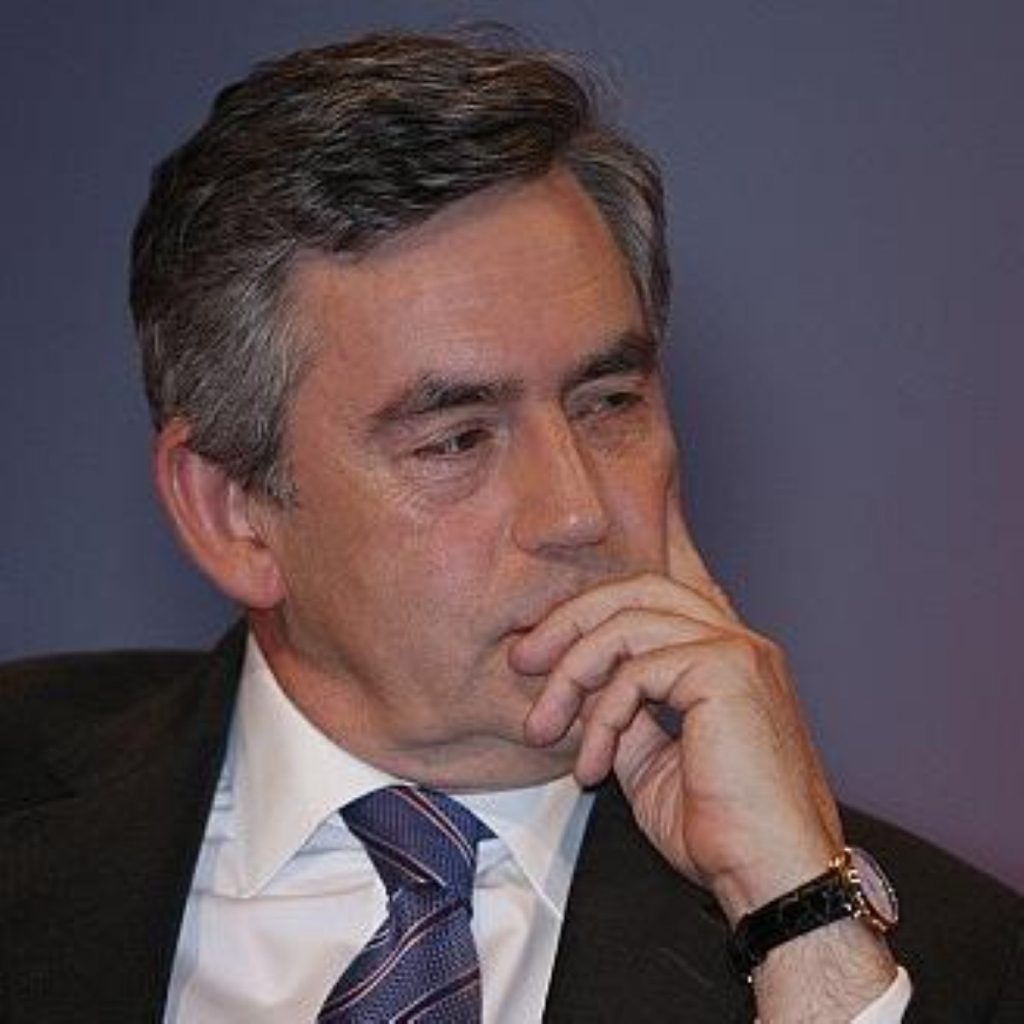Brown promises ‘personalised’ public services
Gordon Brown today said public sector reforms must go “wider and deeper” to provide a more personalised service.
The prime minister told MPs public services must move away from providing a universal service and instead offer care which is tailored to individual needs.
Examples include elderly people being given budgets to purchase their own care or gifted pupils receiving one-to-one tuition, Mr Brown added.
Addressing the Commons liaison committee, Mr Brown said he would press ahead with his predecessor’s public services reform.


He told the committee: “I think you will see it intensify and I think you will see it wider and deeper in future years than it has been in the last few years.
“The next stage is to combine the diversity of supply with greater attention to diversity in demand. In other words services that meet the personal needs of the individual citizen.”
This would mean people talking not just about public services but about personal services, he explained.
As part of reforms, the prime minister said public services must put more emphasis on one-to-one relationships, such as doctors and patients and teachers and pupils, adding this could make a “real difference” to disadvantaged service users.
In his first grilling by the liaison committee, which draws together the chairs of 30 Commons committees, Mr Brown also said the role of the private and voluntary sector in providing services would grow “a lot bigger”.
He said the government was determined to “root out failure” across public services and send out the message a “culture of second best” would not be acceptable.
But the Liberal Democrats said this culture of “Kremlin-like control” of public services would stop them being personalised.
Acting Lib Dem leader Vince Cable said: “You can’t have personalised services if you have Kremlin-like control of your hospitals and schools.
“Gordon Brown needs to let go and give power back to local communities.”
Mr Cable also criticised Mr Brown’s commitment for more reform of public services, arguing a “permanent revolution” over the past ten years had disrupted patients and pupils and left professionals disillusioned.












